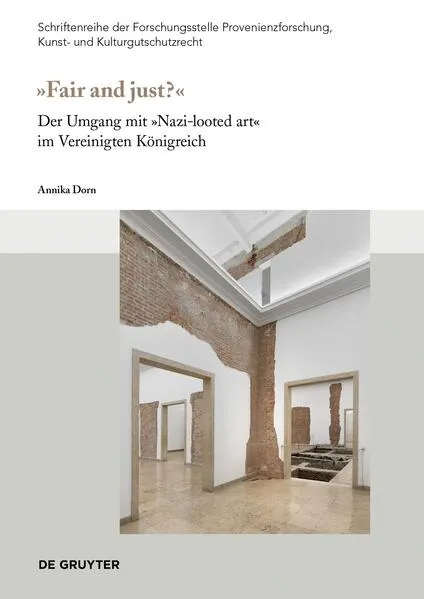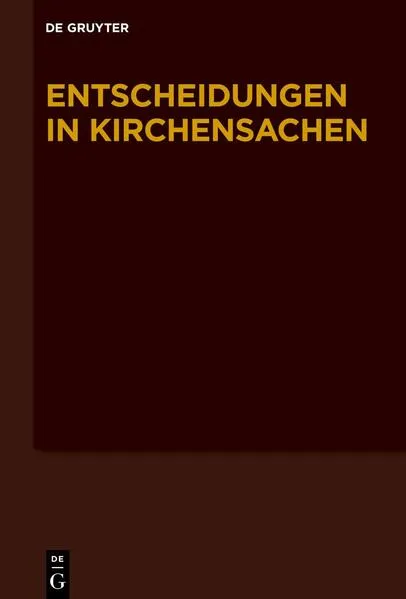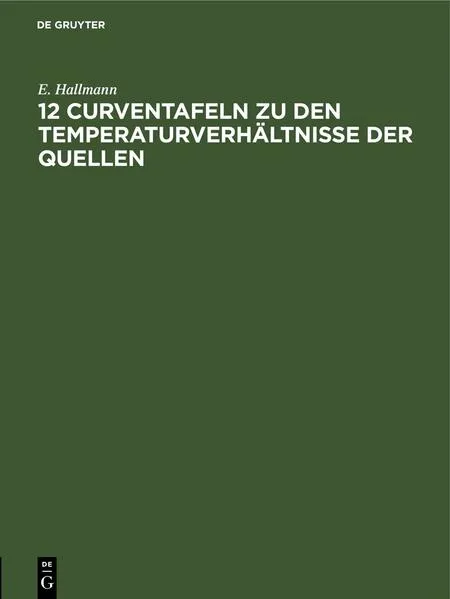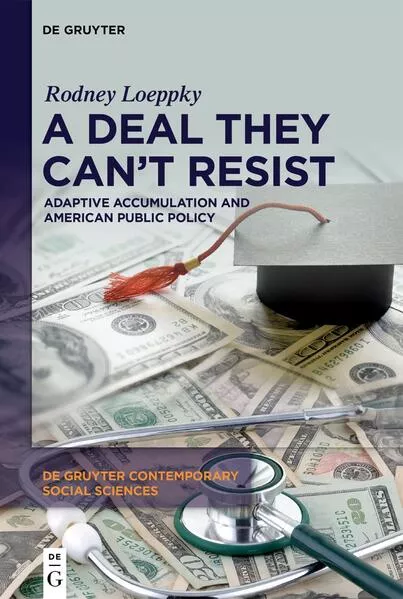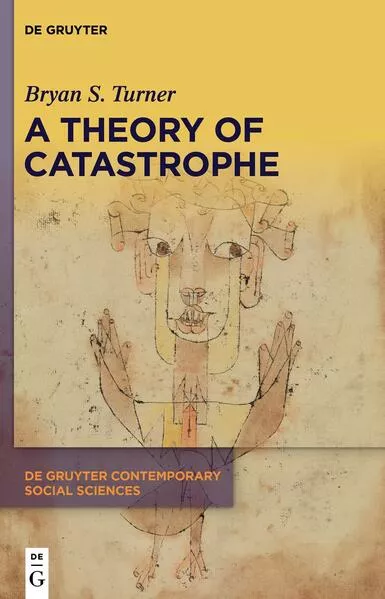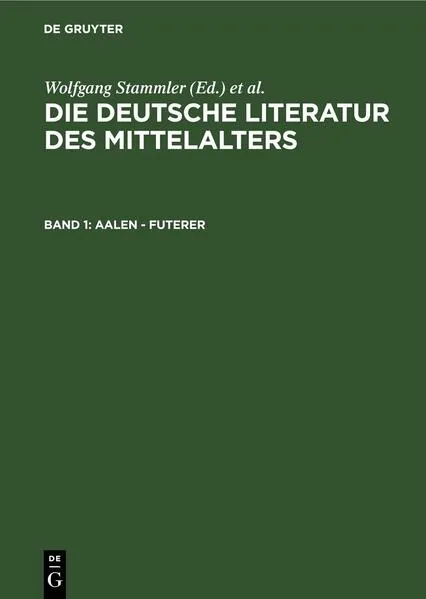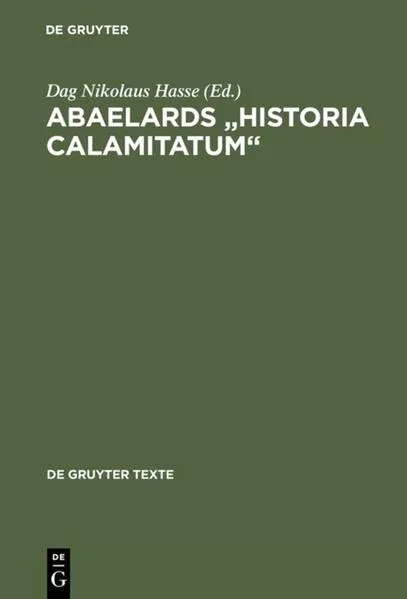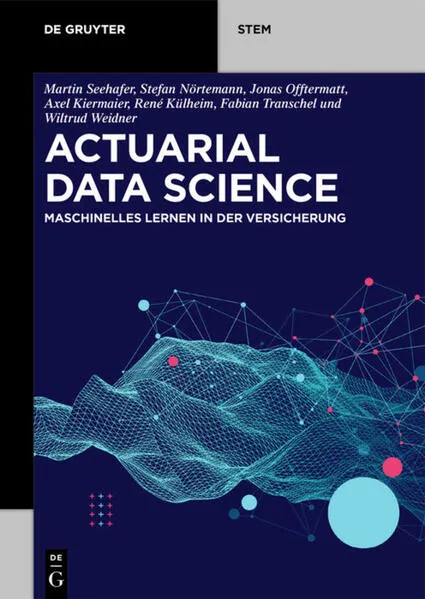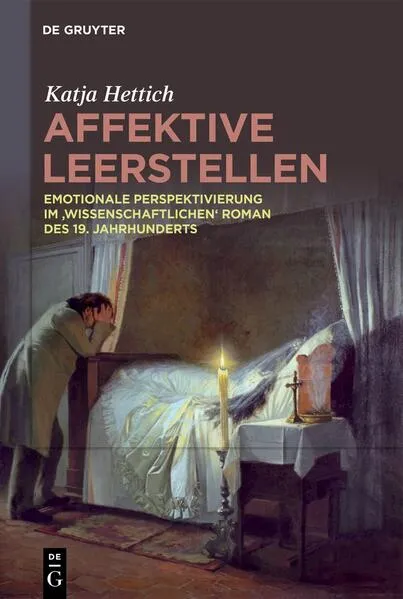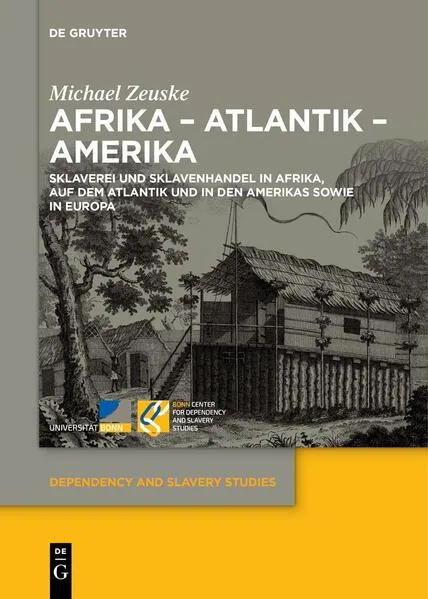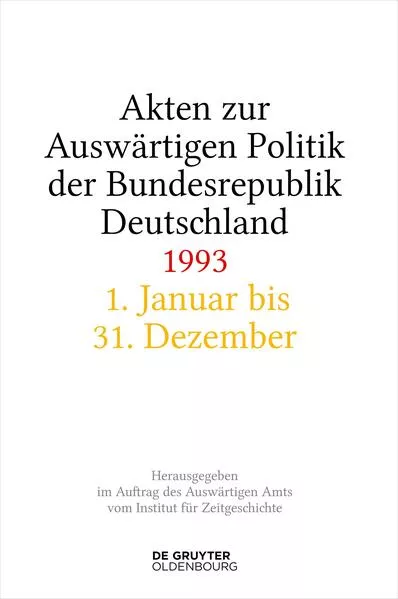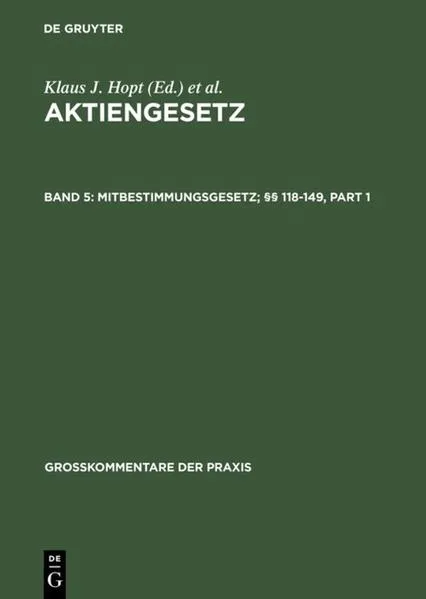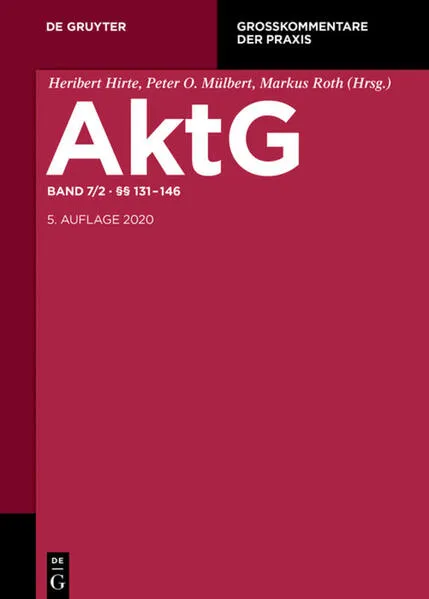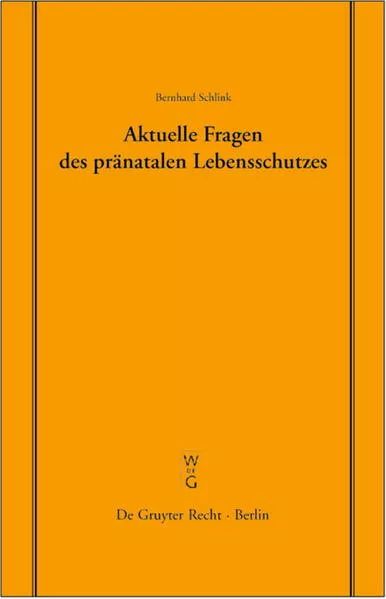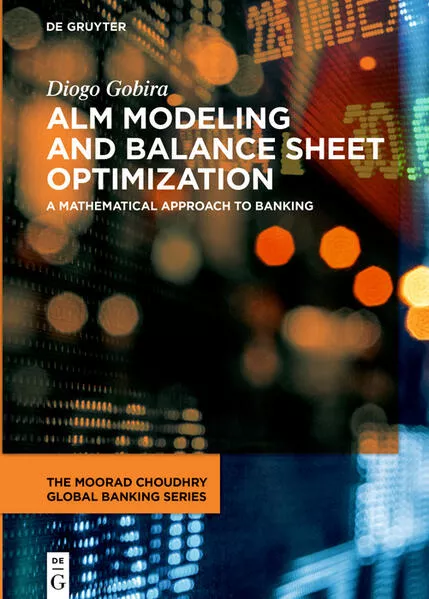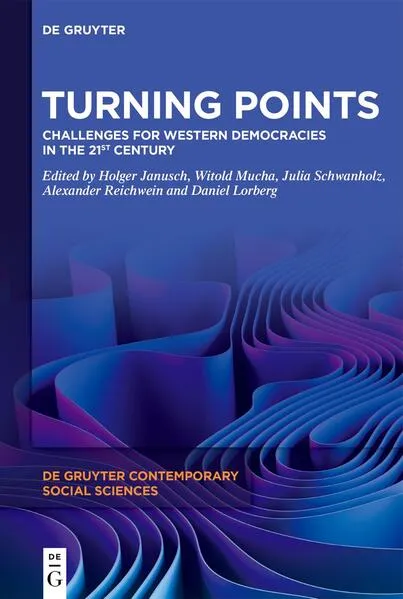
Turning Points
Challenges for Western Democracies in the 21st Century
Turning Points: Challenges for Western Democracies in the 21st Century centers around the strikingly under-researched concept of turning points and its application in political science, including various theories, fields, and sub-disciplines. The chapters provide theoretical discussion and conceptual clarity by distinguishing a set of turning points at different analytical levels. Based on a wide range of case studies, the authors illustrate where, when and how different types of turning points occur (or not) against the backdrop of current challenges in and for Western democracies. The conceptual and empirical variety of the volume allows scholars and practitioners in policymaking to develop and apply their own frameworks when dealing with turning point dynamics.
Unterstütze den lokalen Buchhandel
Nutze die PLZ-Suche um einen Buchhändler in Deiner Nähe zu finden.
Bestelle dieses Buch im Internet
| Veröffentlichung: | 04.12.2023 |
| Höhe/Breite/Gewicht | H 23 cm / B 15,5 cm / 727 g |
| Seiten | 410 |
| Art des Mediums | Buch [Gebundenes Buch] |
| Preis DE | EUR 89.95 |
| Preis AT | EUR 89.95 |
| Auflage | 1. Auflage |
| Reihe | De Gruyter Contemporary Social Sciences 37 |
| ISBN-13 | 978-3-111-27216-0 |
| ISBN-10 | 3111272168 |
Über den Autor
Holger Janusch is a Professor of International Relations with a special focus on US foreign and security policy at the Department of the Intelligence Services of the Federal University of Applied Administrative Sciences in Berlin, Germany. Previously, he worked as an Associate Professor at the Rheinische Friedrich Wilhelms University in Bonn, Germany and as a guest professor at the Andrássy University in Budapest, Hungary. He also was a visiting scholar at the Johns Hopkins University in Washington, DC. His research focus is on power in IR theory, international negotiations, and US foreign and trade policy.
Witold Mucha is an interim Professor of Political Economy with a special focus on the international political economy of the Global South at the Institute of Social Sciences at the Heinrich-Heine University in Duesseldorf, Germany. Previously, he worked as researcher at the Institute for Advanced Studies in the Humanities (KWI) and the Institute for Development and Peace (INEF) at the University of Duisburg-Essen, Germany. He also was a visiting scholar at the Centre for Advanced Internet Studies (CAIS) at the Ruhr University in Bochum, Germany, and the School of Political Science and International Studies (POLSIS) at the University of Queensland in Brisbane, Australia. Before joining academia he has been engaged in development cooperation in Latin America and Sub-Saharan Africa. His research focus is on international relations and peace and conflict studies.
Julia Schwanholz is a political scientist and senior lecturer at the University of Duisburg-Essen. Her expertise lies in parliaments, democracy, and public policy research with an emphasis on digital transformation. She represented interim professorships for democracy research as well as comparative politics and ethics in politics at several German Universities. She has held research assignments in Australia (University of Melbourne; Monash University, Melbourne; Queensland University of Technology, Brisbane), in France (Sciences Po, Paris), in the Netherlands (University of Groningen), in Sweden (Lund University), and in Germany at the Alexander von Humboldt Institute for Internet and Society (HIIG, Berlin).
Alexander Reichwein is Senior Lecturer and PostDoc Researcher at the Department of Political Science at the Justus-Liebig-University Giessen. He is also a co-speaker of the Research Section Norms and Changes in Global Politics at the Giessen Graduate Centre for Social Sciences, Business, Economics and Law (GGS). Currently, he is working as a consultant in digital e-learning. Amongst others, he was Guest Lecturer and Research Fellow at the University of Copenhagen. Alex is doing research on the Intellectual History of the Discipline (I)nternational (R)elations and the European 20th Century theoretical traditions in IR, on the Varieties of Realism in IR and in Foreign Policy Analysis, and on Humanitarian Interventions and the Responsibility to Protect (in particular the misuse of norms by states). Alex holds a PhD in Political Science from the Goethe University Frankfurt with a thesis on Hans J. Morgenthau’s Political Science liberal and normative Realism (2014).
Daniel Lorberg is a professor of economics and business administration at the Department of Social Security Administration at the Federal University of Applied Administrative Sciences in Berlin, Germany. Previously, he spent two decades as a science manager and consultant. Among other positions, he was general director and director of economics and social sciences at Solar Decathlon Europe, the largest international sustainability competition, lecturer and management director at the Institute of Political Science at the University of Wuppertal, Germany, and founding manager of the IST University of Management. He is an author and editor of various publications in the field of economics and politics and has been a lecturer and visiting scholar at many universities in Germany and around the world, including the United States, China, South Africa, and Hungary. His research focuses on change and stability in the relationships between business, government, and society.
Diesen Artikel teilen
0 Kommentar zu diesem Buch
.... weitere Publikationen von De Gruyter
Echo aus dem Eis: Band 2 der Northern-Drift-Reihe - Aviation-Mystery in Eis und Dunkelheit
Bewerbungsfrist bis zum: 03.03.2026



